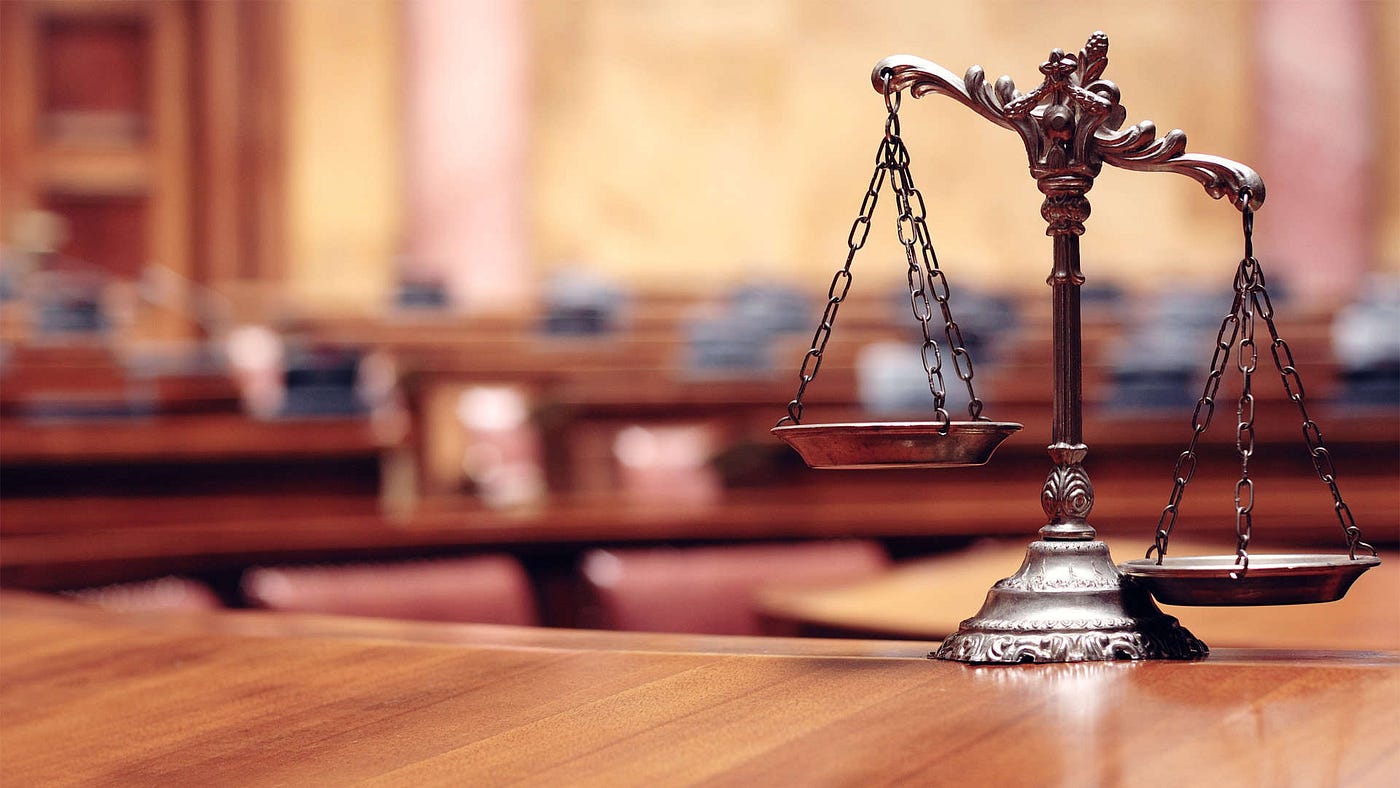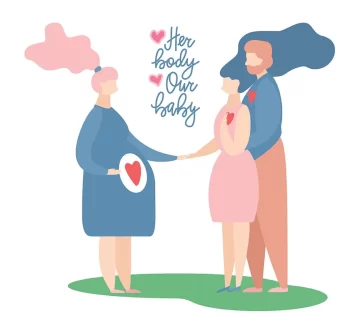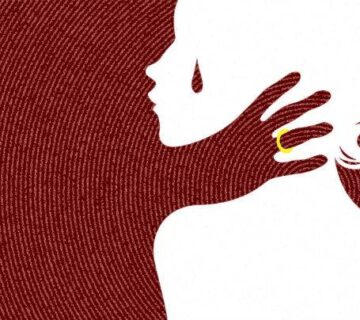This article is authored by Gauri Bansal and edited by Mr. Anoop Prakash Awasthi, AOR and Adv. Prapti Singh.
SC/0265/1979
FACTS
In the instant case, a petition was admitted by the Court arming out of a letter written by Sunil Batra, a convict in the Tihar Jail to one of the judges alleging that a warden had caused a brutal bleeding injury to another convict named Prem Chand
QUESTION OF LAW
The question before the Court was related to the human rights of prisoners in jail and the continued extension of fundamental rights to prisoners despite conviction.
HELD
On the role of the Court:
The Court liberalised the procedural limitations of the writ of Habeas Corpus by recognising the right of the prisoner against excesses committed by jail authorities. Acknowledging the activist rule making role of the Courts, it said that The Court is not a distinct abstraction omnipotent in books but an activist institution which is the cynosure of the public hope
On the status of the prisoners:
The Bench laid down important principles regarding the status of the prisoners. The Court, in its decision also relied on The Declaration on the Protection of All Persons from Being Subjected to Torture and Other Cruel, Inhuman or Degrading Treatment or Punishment adopted by the UN General Assembly (Resolution 3452 of 9 December 1975) The Constitution Bench upheld the fundamental rights of the prisoners and held that:
“Are prisoner persons? Yes, of course. To answer in the negative to convict the nation and the Constitution of dehumanization and a repudicate the word legal order which now recognises rights of prisoners in the International Covenant of Prisoners’ Rights to which our country has signed assent. In Batra’s case, the Court rejected the hand-off doctrine and it has been ruled that fundamental rights do not flee the person as he enters the prison although they may suffer shrinkage necessitated by incarceration.”
Directives:
Holding that the prisoner Prem Chand was illegally tortured, the Court gave the following
clear and binding directives to the State and prison staff in order to ensure the humanisation
of jail administration:
- Supervisory Judicial Role Lawyers nominated by the District Magistrate, Sessions Judge High Court and the Supreme Court to be given all facilities for interviews, visits and confidential communication with prisoners subject to discipline and security considerations. The lawyers so designated are bound to make periodical visits and record and report to the concerned Court resulta which have relevance to legal grievances
- Grievance Recording Grievance Deposit Boxes to be maintained with access granted to all prisoners. These boxes are to be opened often and appropriate action for redress to be taken
- Judicial Intervention: Magistrates and sessions judges to personally visit jails, make expeditious enquiries and take suitable remedial action. In appropriate cases, reports shall be made to the High Court and if required, Habeas action to be taken.
- Judicial Appraisal: No solitary or punitive cell, no hard labour or dietary change as painful additive, no other punishment or denial of privileges and amenities, no transfer to other prisons with penal consequences, shall be imposed without appraisal from the Sessions judge.
In addition to these, the Court also gave certain recommendations:
- The State to prepare and circulate in Hindi a Prisoner’s Handbook to bring about legal awareness of the prisoner’s rights Periodic bulletin board updates regarding improvements programmes and a wall paper for grievance redressal (Section 61 of Prisoner’s Act)
- The State shall take steps to keep up to the Standard Minimum Rules for Treatment of Prisoners recommended by the United Nations, especially those relating to work and wages, treatment with dignity community contact and correctional strategies. A correctional cum orientation course for the prison state inculcating the Constitutional values, therapeutic approaches and tension-free management.
- Free legal services to the prisoner programmes shall be promoted by professional organisations recognised by the Court such as for e.g. Free Legal Aid (Supreme Court) Society.






